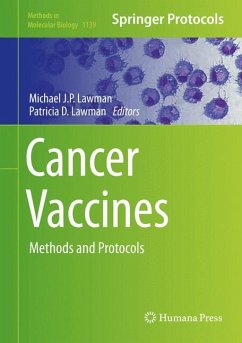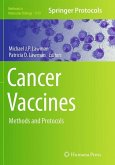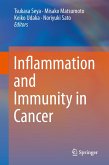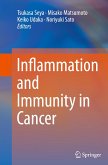Cancer Vaccines: Methods and Protocols explores the manipulation and modification of immune cells, the manipulation and modification of tumor cells as well as the manipulation of immune/tumor interactions and various delivery mechanisms, with the overall end goal of evoking a tumor-specific response and overcoming the immuno-evasive mechanisms employed by the tumor cells. This detailed volume also covers the subject of cancer vaccines in a more global sense with its section on the advances, challenges, and future of cancer vaccines. Written in the highly successful Methods in Molecular Biology series format, chapters include introductions to their respective topics, lists of the necessary materials and reagents, step-by-step, readily reproducible laboratory protocols and tips on troubleshooting and avoiding known pitfalls.
Comprehensive and authoritative, Cancer Vaccines: Methods and Protocols aims to help guide researchers toward developing further generations of cancer vaccines that are both safe and efficacious, with the hope that cancer vaccines will be the standard of care in the very near future.
Comprehensive and authoritative, Cancer Vaccines: Methods and Protocols aims to help guide researchers toward developing further generations of cancer vaccines that are both safe and efficacious, with the hope that cancer vaccines will be the standard of care in the very near future.
From the reviews:
"This book describes cancer vaccine protocols targeting cancers that have already developed, stimulating the immune system against the tumor to stop cancer cell growth and reduce tumor burden. ... The audience includes established researchers, professors, and healthcare professionals who have a basic understanding of general and tumor immunology. ... This is a well-written, well-structured book that covers a rapidly developing and highly important field of vaccine cancer research." (K. K. Wong, Doody's Book Reviews, June, 2014)
"This book describes cancer vaccine protocols targeting cancers that have already developed, stimulating the immune system against the tumor to stop cancer cell growth and reduce tumor burden. ... The audience includes established researchers, professors, and healthcare professionals who have a basic understanding of general and tumor immunology. ... This is a well-written, well-structured book that covers a rapidly developing and highly important field of vaccine cancer research." (K. K. Wong, Doody's Book Reviews, June, 2014)








